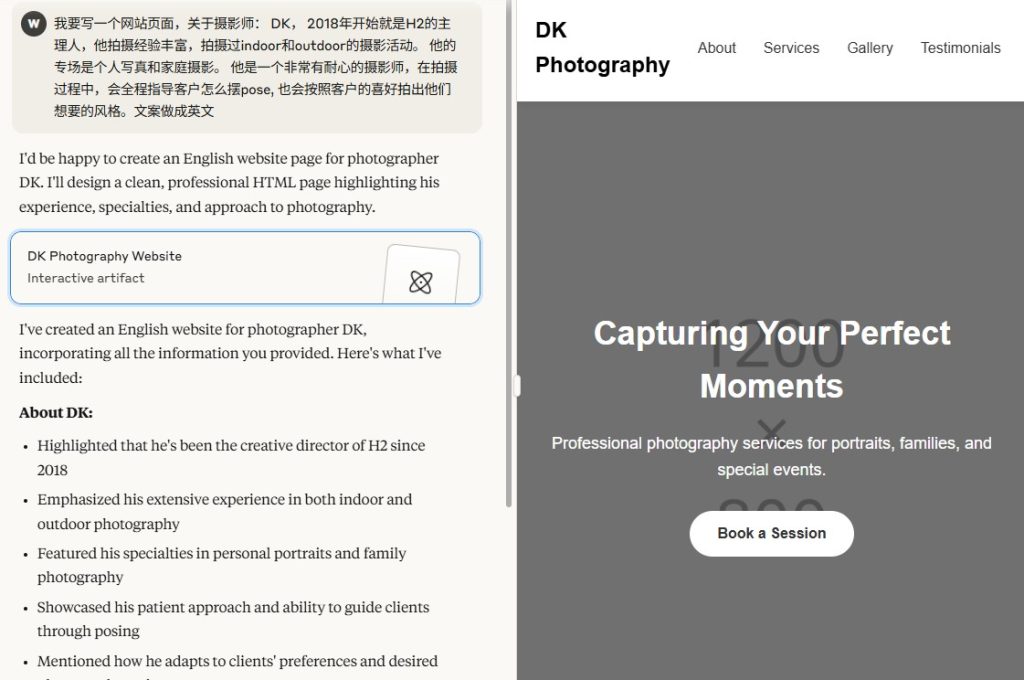What is Experience Marketing?
Experience marketing, also known as “experiential marketing” deals with product promotion.
Why Experience Marketing?
Experience marketing revolves around creating a unique customer experience through working productively on consumer value optimization. It deals with working through the hearts of customers and making them dedicated to your own story. Your story represents your brand and you want to convert potential customers into loyal customers of your brand, and representing you on their social media accounts.

Learn other forms of marketing here:
- What is Retargeting in Marketing?
- The Ultimate Guide to Google My Business
- What is Search Engine Optimization (SEO)?
Example of Experience Marketing: IKEA
What does walking through Ikea bring to mind? What is your experience like? What do you see?
If you have been to IKEA, you will be familiar with their uniquely arrayed living spaces of kitchens, bathrooms with perfectly curated bathtubs, master bedroom, children bedrooms, living rooms and kitchen. They have utilized experience marketing.
As a furniture company, they focus on utilizing furniture experience for you. This strategy has worked for them for years!
It is also a common tactic used by real estate agents with the for-sale houses. What they simply do is to give you the feel of what your home would “feel” like with furniture in it and this experience is more prone in propelling buyers to the houses for sale.
How To Launch an Experience Marketing Campaign
You can begin by asking yourself these tactful questions:
- Do I know my customer avatar?
- What is/are the constituent(s) of my customer avatar?
- What do my customers like to experience from my event?
- Is my brand reinforcing the heights of set standards?
Proffering adequate solutions to these questions will serve as a guide to effectively utilize experience marketing.
Let’s consider these:
Sight: What do your customers want to see?
Sight refers to the details your customers wish to see.
For example, Ikea’s customers will like to see the focal and diffuse uniqueness of a couch in the living room.
Sound: What do your customers want to hear?
Sounds elicit a form of response. People don’t just wish to hear anybody reel out words from their mouths.
Smell: What do your customers want to smell?
Being able to give your customers the familiarity they always smell is of utmost importance.
Touch: What do your customers want to touch?
Customers want to be sure that what they buy will suit them perfectly, especially make up products. Your ability to harness this can create Experience Marketing to a refined degree.
Taste: What do your customers want to taste?
Stir up taste buds. Make your customers want to come back for more! That’s where the experience lies.








